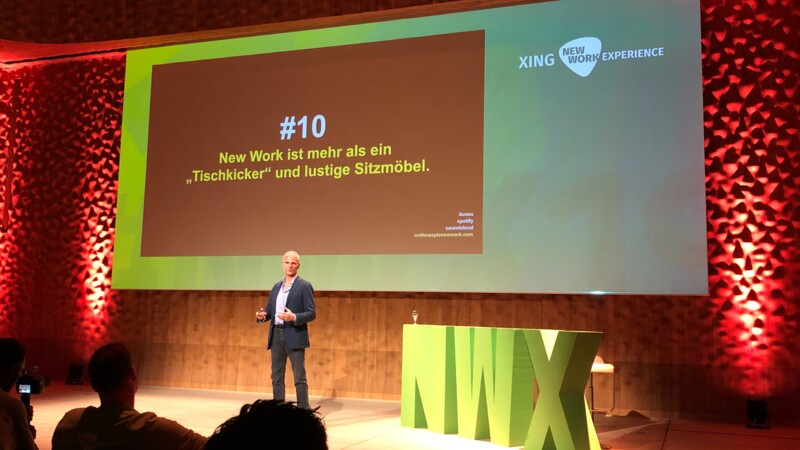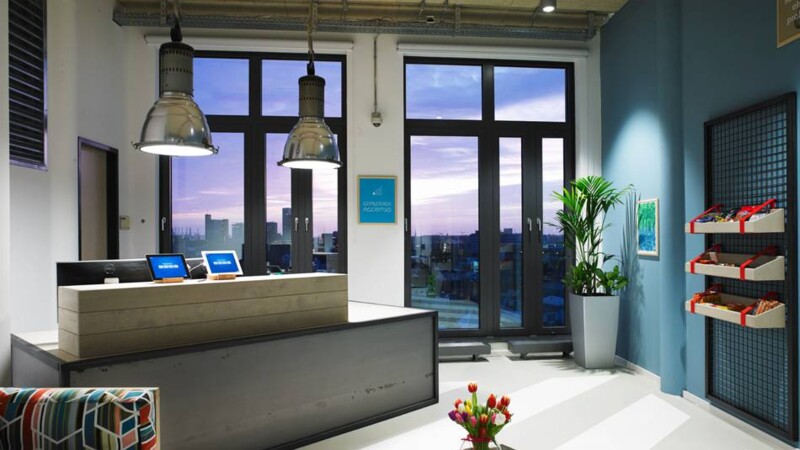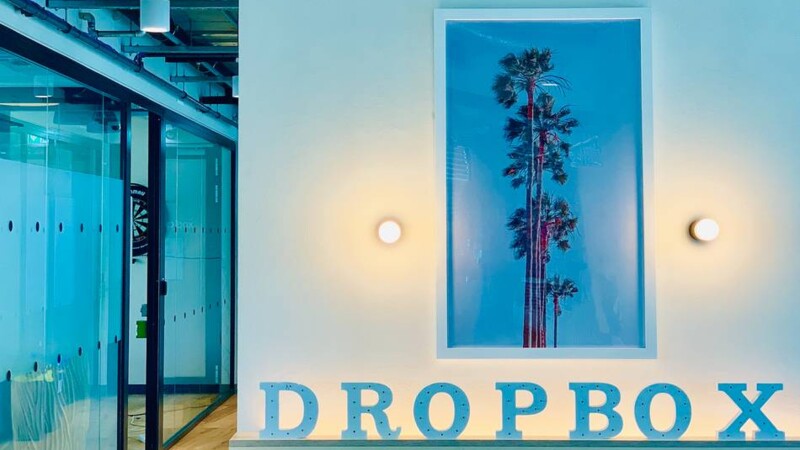Immersion to the utmost, diving into other worlds, is what is fascinating about Virtual Reality – which also offers a multiplicity of approaches for various business models and can be experienced at the M28. Businesspeople and research come together on around 4,200 square metres to become the main point of contact for all Virtual & Augmented Reality projects in Hamburg and beyond. “The estimates are based on the fact that just 5 to 10 per cent of the population has ever been immersed in a virtual world. We are creating a platform here to promote this tech, with the aim of becoming Europe’s most important VR hub,” said Andreas Raabe, VRHQ Business Director.
Nothing came of a cableway that was to run over the Elbe from St. Pauli to the musical theatres on Steinwerder. But from May, Speicherstadt will offer the experience of what sedate mode of transport high in the sky might have felt like. The virtual cable car ride is one of four planned “VR Experience Stations” in the Virtual Reality Headquarters (VRHQ) , which has set up an event and experimental area on the ground floor of the M28. The highlight: The VR experience will be rounded out by a tactile component. “Here we have set up a genuine Doppelmayr cable car for up to ten passengers. This makes the virtual cable car ride over Hamburg even more authentic,” said Sissy Löffler, project and event manager at VRHQ. Spherie and Spice VR have developed the VR application in use there. Spice VR, VR Nerds Noys VR are managing other stations offering virtual games, edutainment and concert experiences. They are also the initiators of VRHQ.
M28 Creative Loft: en route to Europe’s most important VR hub
Exchange between research and practical application
Transfer from research to business and society is just one approach. The Digital Reality Research and Transfer Centre (FTZ Digital Reality) of the Hamburg University of Applied Sciences (HAW) is sharing the 600 square metre fifth floor with various spin-offs from the university. This close proximity has resulted in an active exchange between research and practical application – between students and young professionals, according to Professor Roland Greule of the Design, Media and Information Faculty who heads the FTZ. “The start-ups immediately put to work what our students are researching and working out in projects a few metres away.” There is a seminar room as well. “Here, management, politicians and teachers – ideal multipliers – are able to experience the fascination of VR at the various project stations during the seminar breaks,” Greule added.
Hidden champions discover VR
“VR apps have become standard in the automotive and aviation sectors,” said Jan Neuhöfer, deputy FTZ head. “Hidden champions – tech leaders among the mid-sized enterprises – are now increasingly discovering the benefits of VR,” he added. Lower costs of software and hardware are one reason, while using the technology is becoming less and less complicated. Neuhöfer sees application options right along the value-creation chain – from design through engineering and manufactur up to marketing, sales and after-sales.
Crash testing or factory layout – VR on the march
VR simulations can, for instance, trial and adjust shape, colour and materials during the design process, and each individual step in the manufacturing process can be secured and optimized using simulation software. “Cars are made safer because virtual crash tests allow observation from different aspects of the way materials behave in accidents,” Neuhöfer said. When laying out a factory, the optimum routes for inputs and outputs and the best locations for machinery and robots can be ascertained. Properties that can be walked through virtually support the marketing departments of architects and real estate agents, while sales staff can celebrate a concluded sale using VR
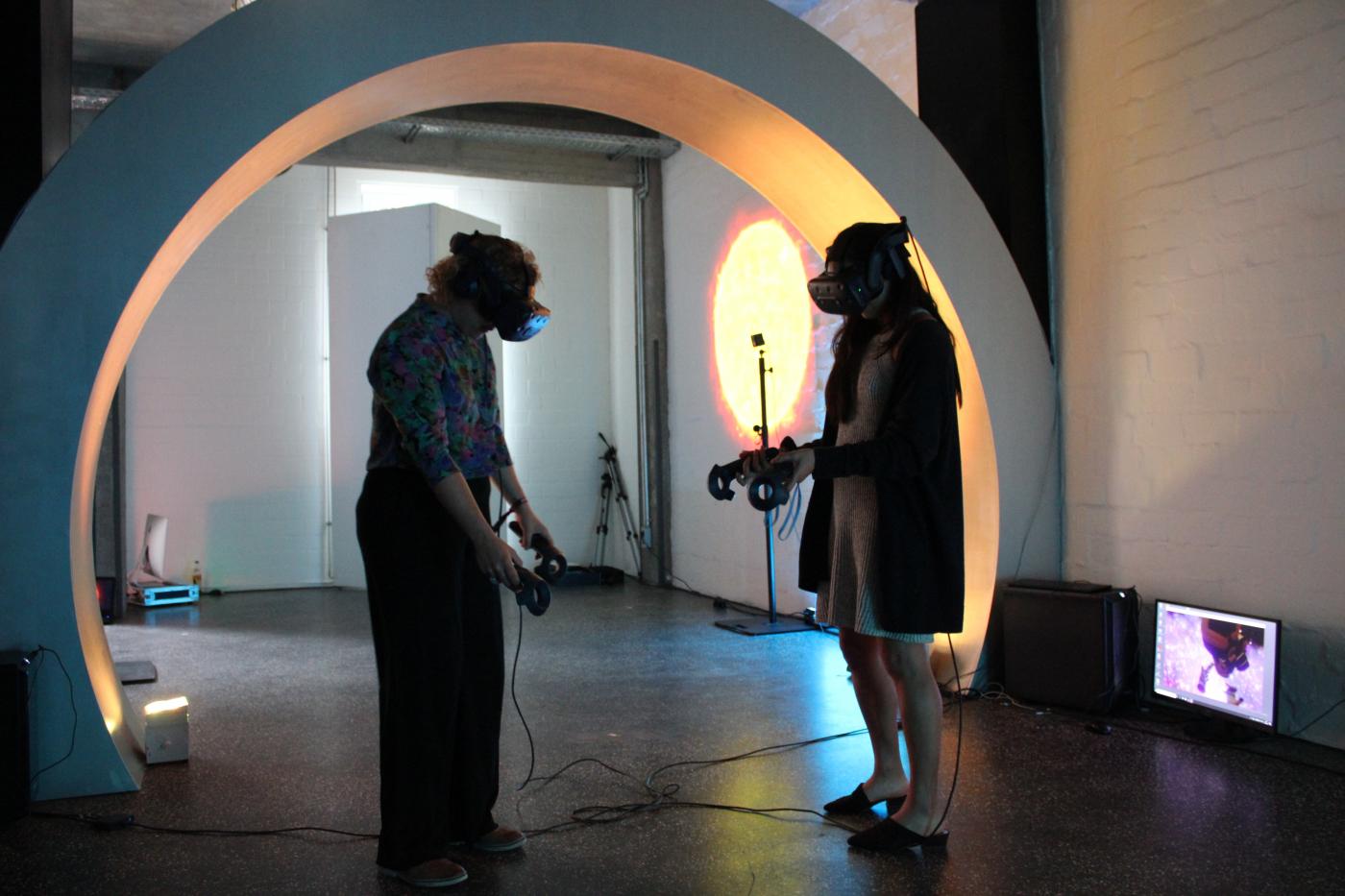
configurators. “And after sales benefit from options for virtual training and instruction,” Neuhöfer added. This is of particular interest in training on costly items. “Taking aircraft or submarines out of operation, for instance, for training purposes, can be expensive.”
VR Prototyping Lab
nextMedia.Hamburg and nextReality.Hamburg have set up the VR Prototyping Lab in the M28 with a view to making other business sectors aware of the benefits of VR. Three teams of students from HAWand the University of Hamburg were given three months to come up with innovative VR case studies in close co-operation with the partners in the private sector including Foodboom, Der Spiegel and Bauer Xcel. By late January, prototypes including a food app for smartphones, a cross-media storytelling format about the moon landing, a VR guide for DIY home improvements and interior décor were completed. The next VR Prototyping Lab is already being planned – and the transfer from research to business and wider society is well underway.
ys/sb/rm/pb
Sources and further information
M28 Creative Loft
Official opened in June 2018 by the initiators of VRHQ, Spherie, Spice VR, VR Nerds and Noys VR, the first events were held in late 2018 in the event space on the ground floor. The VR Experience Stations are due to be officially opened in May 2019 and are expected to draw tourists as well. The HAW with FTZ Digital Reality research and transfer centre joined in early 2019. The area on the fifth floor gives students sufficient space for projects in the context of the Digital Reality Master’s course and the VR Prototyping Labs.
More
Similar articles
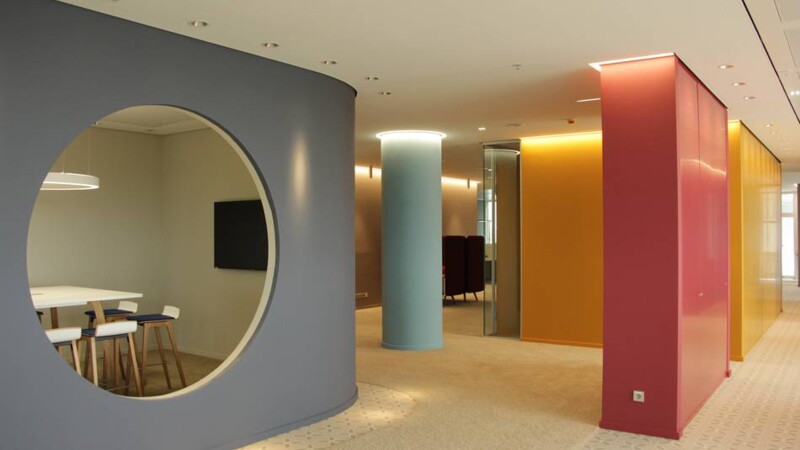
New Work at Otto empowering employees
